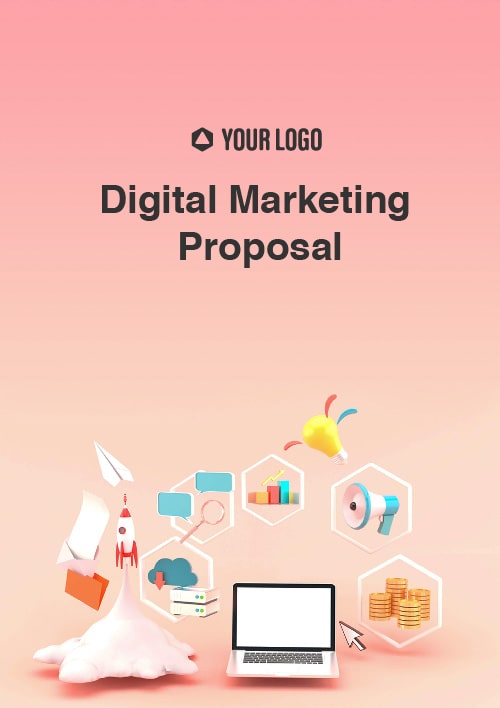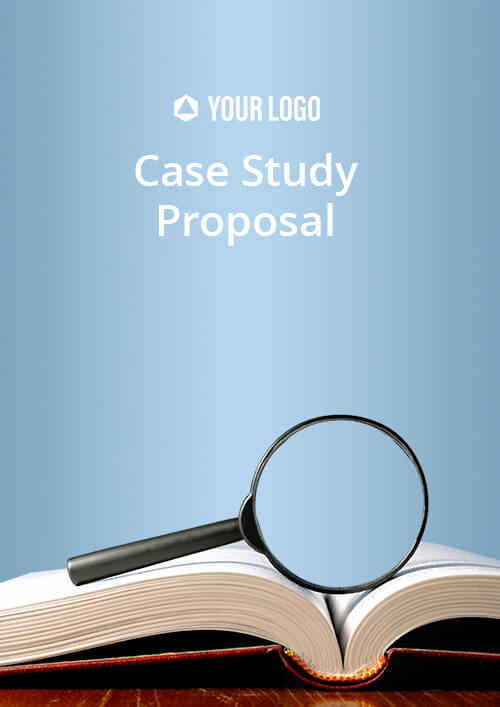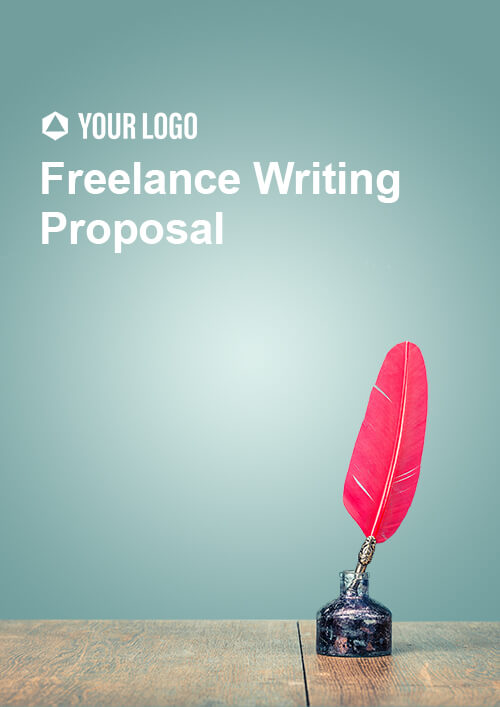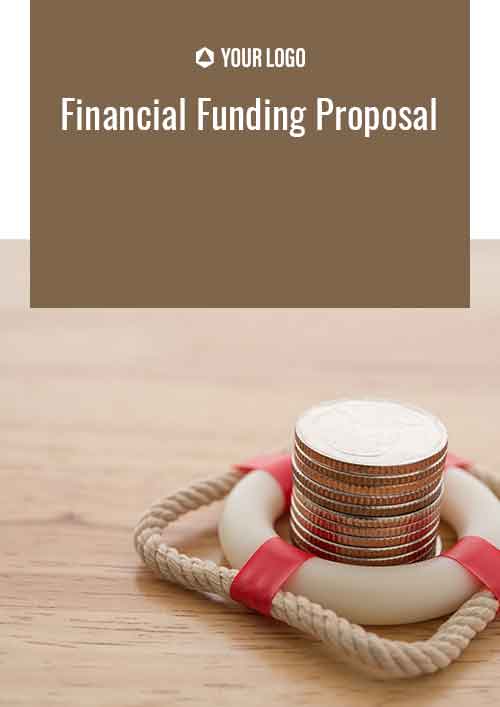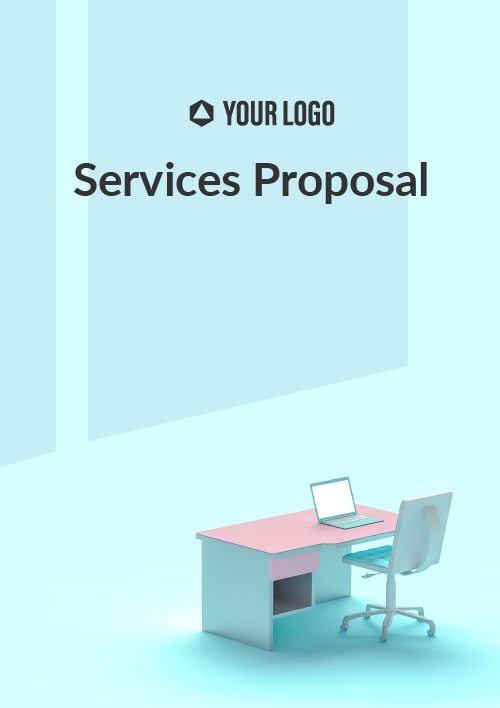Commercial Proposal
Empty space
1x
2x
3x
Prepared for:
[Client.Company]
Prepared by:
[Sender.Company]
Commercial Proposal
Commercial Proposal
Overview
Overview

[Sender Company] has been providing [Specify Services] for [Specify Time]. With an in-depth knowledge of market and commerce, [Sender Company] helps companies grow and explore new market opportunities.
Our team of analysts is passionate about breaking the deadlock of challenges in your business- like [Insert Key Business Challenges], so that you can achieve [Insert Result] and bring about unparalleled success to your business. We are here to offer you customized solutions for commerce.
.
We have associated with leading companies like [Insert Company Names] and helped them formulate impeccable strategies for their businesses. We are excited to work with [Client Company] and become a part of the company's legacy.
Executive Summary
Executive Summary

In order to succeed in business, it is essential that you partner with an effective service provider.
[Sender Company] offers:
[Detail 1]
[Detail 2]
[Detail 3]
[Present Business Case]
[Existing Problems]
[Suggest Solutions]
[Brief explanation of your methodology]
[Add More]
Why [Sender Company]?
Budget-friendly execution of the project.
Extraordinary track record of improving client workflow and efficiencies.
A team of experienced professionals to help you.
To implement the most adequate solution, it is essential that the existing problems are diagnosed properly.
[Sender Company] conducts an in-depth analysis and figures out the best possible solution according to the current market trends.
[Problem 1]
[Description]
The solution to this problem is as follows:
[Problem 2]
[Description]
The solution to this problem is as follows:
- Solution 1
- Solution 2
- Solution 3
[Problem 3]
[Description]
The solution to this problem is as follows:
- Solution 1
- Solution 2
- Solution 3
Loss Incurred by the Problem
Loss Incurred by the Problem
The financial loss incurred can be a detrimental factor in the growth of commercial activity. [Sender Company] will do a detailed analysis of the factors that may cause potential loss.
[Specify the financial loss caused by the problem]
Total: $[0.00]
The Solution
The Solution
[Sender Company] offers the following solutions to address the challenges faced by the [Client Company]. The following solutions, implemented effectively, will positively affect the growth of the company. Our solution encompasses the planning stage, implementation, and regular checks.
[Describe the solution]
- Step 1
- Step 2
- Step 3
[Solution 2]
[Description]
- Step 1
- Step 2
- Step 3
[Solution 3]
[Description]
- Step 1
- Step 2
- Step 3
Expected Profit
Expected Profit
The expected profit of the commercial activiity is as follows:
Total Profit: $[0.00]
Terms and Conditions
Terms and Conditions
1. Payment Terms
1. Payment Terms
2. Limitation of Liability
2. Limitation of Liability
In no event shall [Sender Company] be individually liable to the [Client Company] for any damages for breach of fiduciary duty by third-parties, unless [Sender Company]'s act or failure to act involves intentional misconduct, fraud, or a knowing violation of the law.
3. Termination
3. Termination
This document shall be governed and construed in accordance with the laws of the [Province/State].
This document is duly executed by the duly authorized representatives of the parties as set forth below:
DISCLAIMER: Revvsales, Inc is not a law firm. The content provided herein is for general information purposes only, and does not constitute legal advice. Revvsales, Inc and its partners make no representation or warranty of any kind, express or implied, regarding the accuracy, adequacy, validity, reliability, availability, or completeness of any information mentioned hereunder. The use or reliance of any information contained herein is for your personal use and solely at your own risk. You agree to fully release and indemnify Revvsales, Inc from any liability associated with the use of this content. You are advised to obtain independent legal advice before taking or refraining from any action on the basis of the content provided here.




